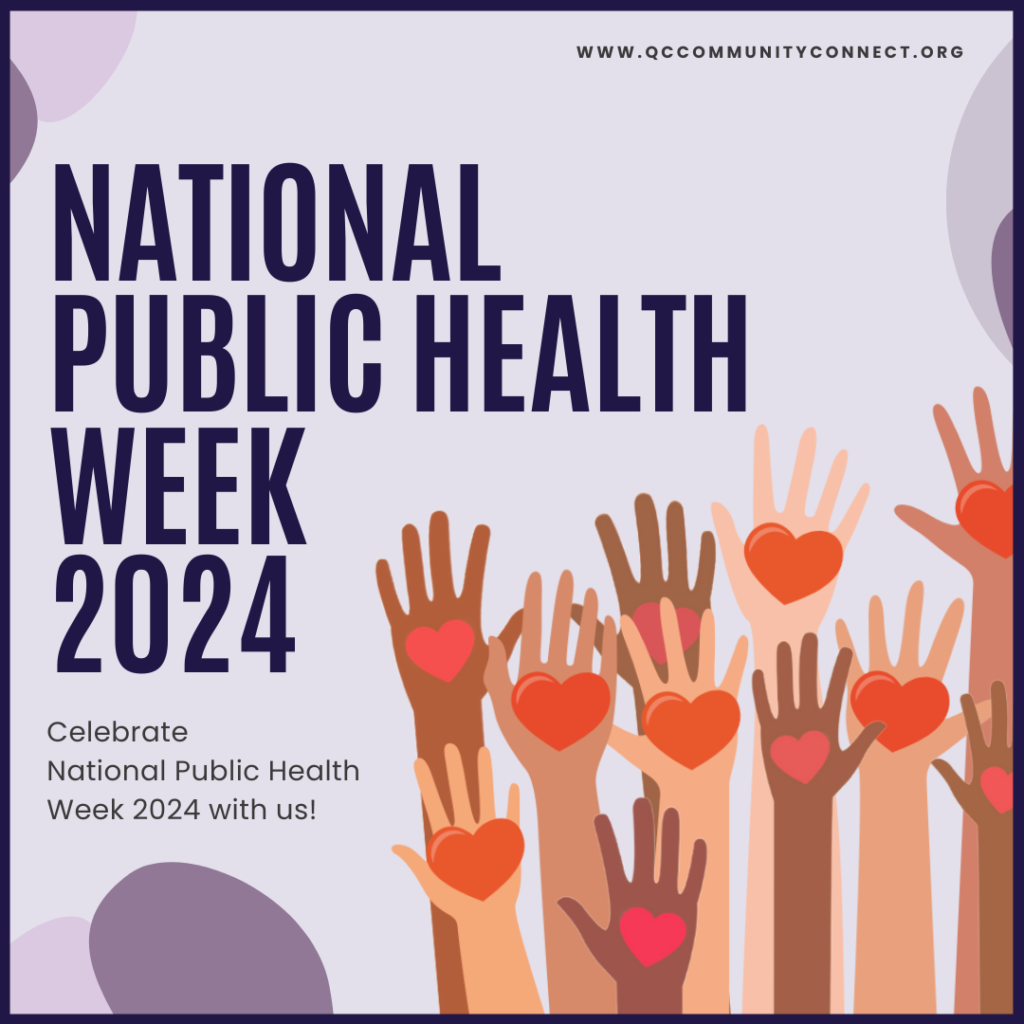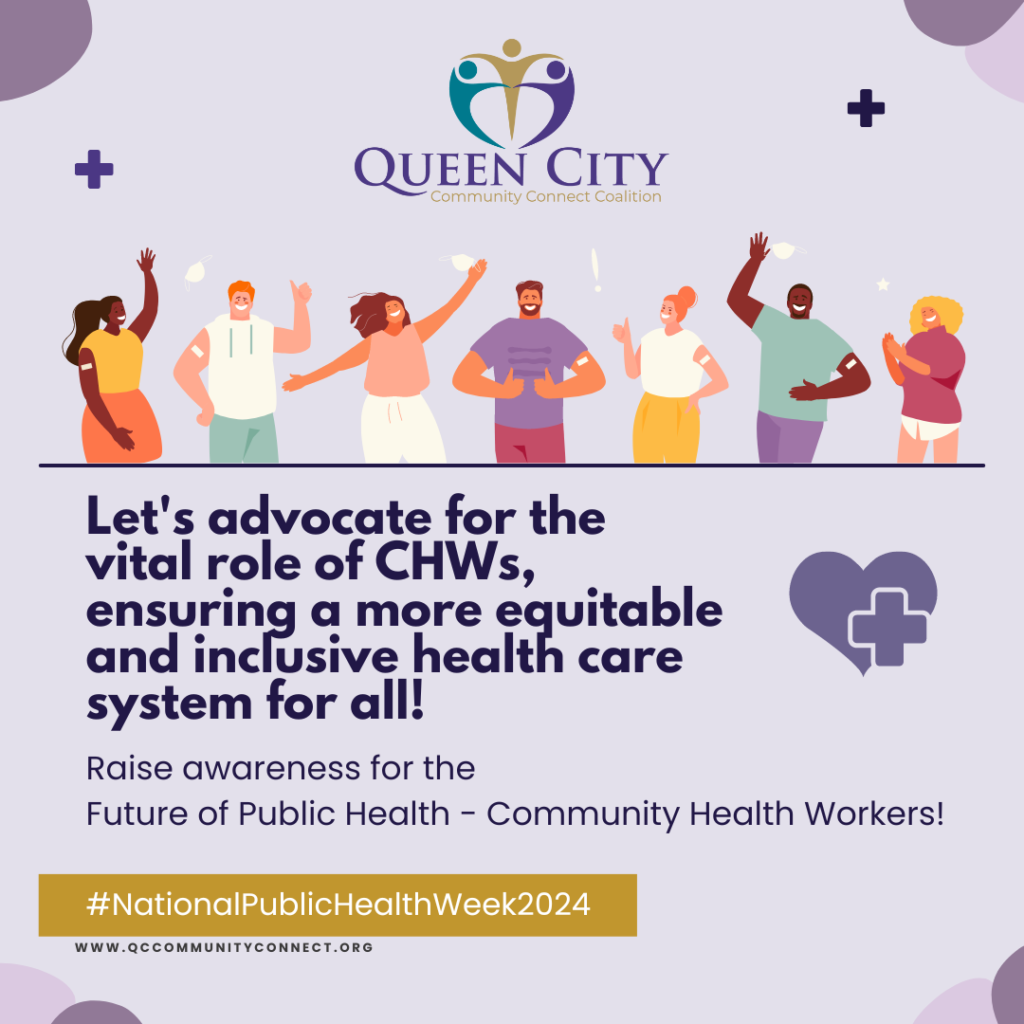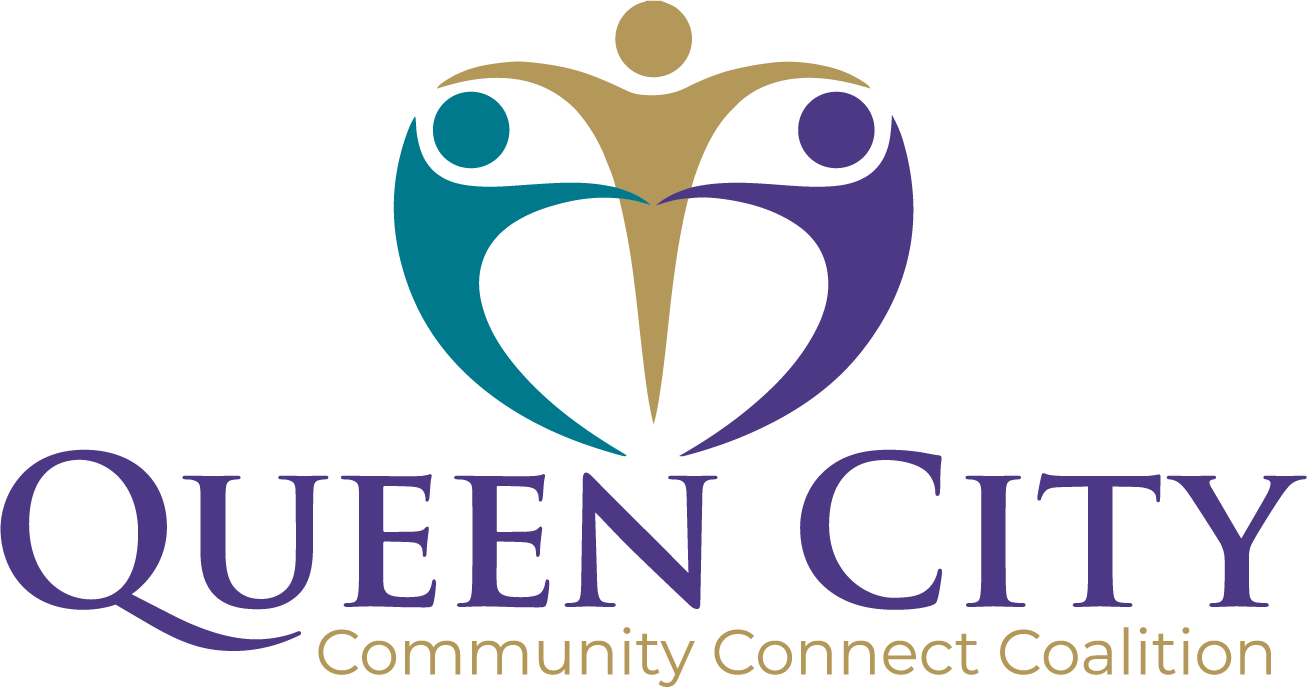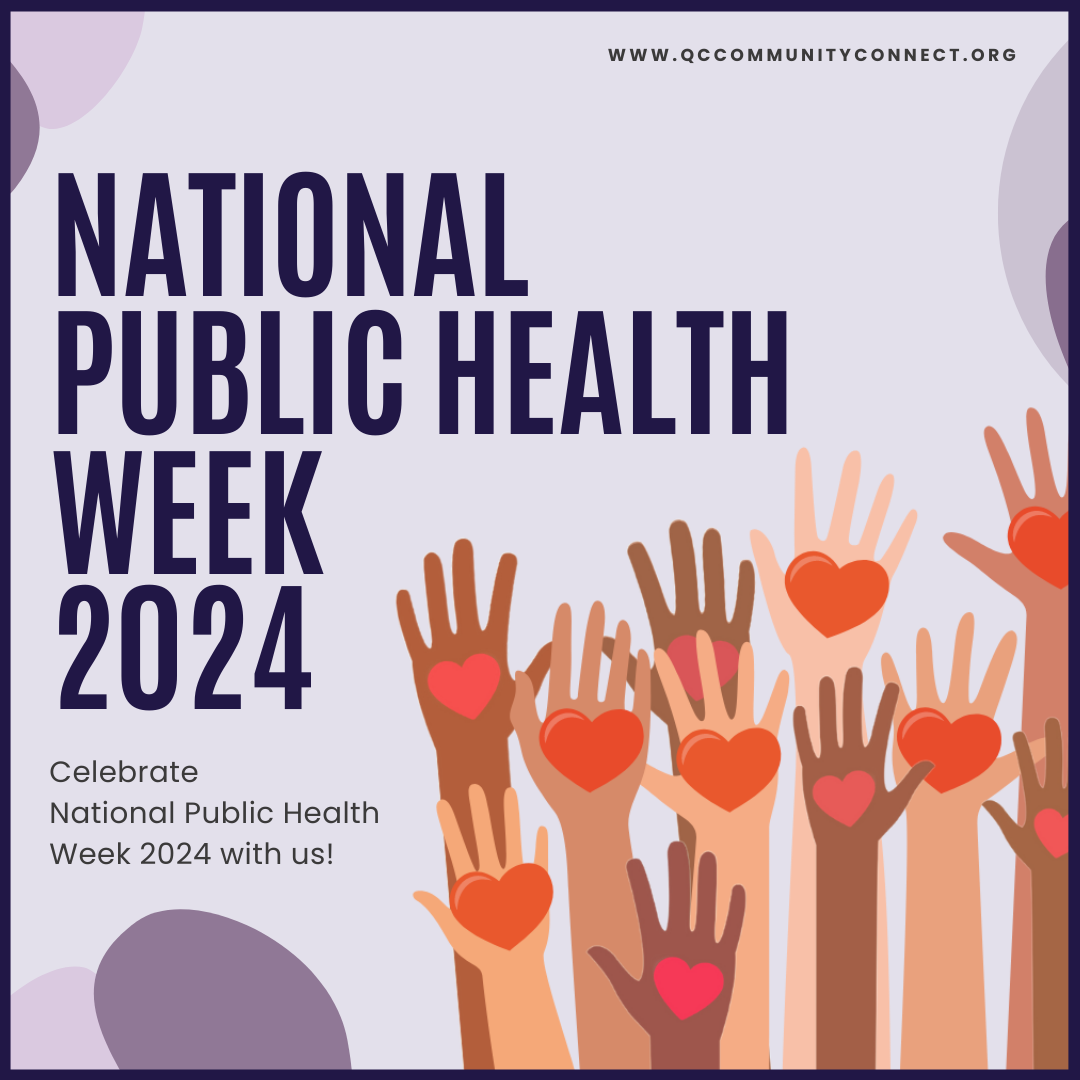The Future of Public Health: Community Health Workers
CHW News, Health EquityAs we celebrate National Public Health Week 2024 under the theme of the “Future of Public Health,” it’s crucial to shine a spotlight on the unsung heroes of healthcare: Community Health Workers (CHWs). These frontline public health heroes play a pivotal role in bridging the gap between underserved communities and healthcare services, ultimately driving towards a healthier, more equitable future for all.
What are Community Health Workers?
According to the American Public Health Association, CHWs are frontline public health workers who are trusted members of and/or have a unique understanding of the community served. This trusting relationship enables the CHW to serve as a liaison or intermediary between health and social services; as well as the community to facilitate access to services and improve the quality and cultural competence of service delivery.1
Role of Community Health Workers
1. Cultural Mediation Among Individuals, Communities, and Health and Social Service Systems
– Act as bridge between diverse communities and health systems, fostering trust and understanding.2
– Educate individuals and health systems about cultural norms and perspectives, ensuring culturally competent care delivery. 2
2. Providing Culturally Appropriate Health Education and Information
– Provide culturally appropriate health education and information tailored to linguistic and cultural needs.2
– Enhance cross-cultural communication within communities, breaking down language barriers and promoting informed decision-making.2
3. Care Coordination, Case Management, and System Navigation
– Navigate complex health systems, making referrals and providing follow-up support for continuity of care.2
– Advocate for community needs, addressing transportation barriers and documenting population-level data to inform policy decisions.2
4. Providing Coaching and Social Support
– Offer individual coaching and motivation to empower individuals in managing their health conditions.2
– Lead support groups and provide emotional support, particularly for chronic disease management.2
5. Advocating for Individuals and Communities
– Engage in policy advocacy and connect communities to essential resources, advocating for basic needs like food and housing security.2
– Champion community capacity-building initiatives, fostering resilience and addressing systemic health disparities.2
6. Building Individual and Community Capacity
– Empower individuals to take control of their health through education and capacity-building initiatives.2
– Strengthen community resilience and resources through capacity-building programs and initiatives.2
07. Providing Direct Service
– Offer basic screening tests such as height, weight, and blood pressure measurements, facilitating early detection and intervention.2
– Provide essential services to address immediate health concerns and socio-economic determinants of health within communities.2
08. Implementing Individual and Community Assessments
– Participate in the design, implementation and interpretation of assessments to tailor interventions to meet the needs of individuals.2
– Contribute to community-level assessments to identify strengths and challenges for targeted interventions.2
09. Conducting Outreach
– Engage individuals, families, and community groups to access health and social services through case finding and recruitment.2
– Provide ongoing support through follow-ups, including home visits, and disseminating health information at local agencies and community events.2
10. Participating in Evaluation and Research
– Engage in evaluation and research activities to assess the effectiveness CHW services and programs.2
– Collaborate with community members as research partners, ensuring their involvement in the research process and ensuring ethical community consent processes. 2

Why CHWs are the Future of Public Health
The impact of CHWs on public health outcomes cannot be overstated, but often goes unnoticed. Research has shown that communities served by CHWs experience improved health outcomes, including increased access to primary care, mental health improvements, reduced hospitalizations, and lower healthcare costs.3 In fact, for every dollar invested in CHW training, an astounding $11.20 is saved, making it a cost-effective solution for healthcare systems.4
Moreover, CHWs play a crucial role in advancing health equity. Their interventions are particularly effective in underserved communities, where they address the root causes of health disparities and advocate for the needs of marginalized populations. According to Health Affairs, CHW models can achieve favorable returns on investment for Medicaid payers by effectively responding to the social determinants of health [experienced by these communities].4
Advocating for CHWs and the Future of Public Health
Despite their invaluable contributions, CHWs often face challenges such as lack of recognition, low pay, and limited career advancement opportunities. As advocates for the future of public health, it’s imperative that we support and uplift CHWs. This can be achieved through various initiatives, including advocacy toolkits, CHW Advocacy Day events, and policy reforms aimed at recognizing their vital role in healthcare delivery.
As we envision the future of public health, let us recognize the pivotal role of Community Health Workers. By empowering and investing in policies that uplift CHWs, we can build healthier, more resilient communities and pave the way towards a bright future for public health.
In exciting news on the policy front, U.S. Senator Bob Casey (D-PA) has introduced the Community Health Worker Access Act. This bill aims to improve local CHWs’ ability to bridge gaps in health outcomes by proposing improvements to Medicare coverage for CHW services, including personalized support for illness prevention and recovery. Furthermore, it encourages states to cover services provided by CHWs under their Medicaid programs.
For more information about the CHW Access Act, you can visit the following links:
Let’s seize this moment to advocate for positive change and support the essential work of Community Health Workers in our communities. Join us in celebrating National Public Health Week 2024 by championing the cause of Community Health Workers and advocating for a more equitable and inclusive healthcare system. Together, we can create a future where health justice and equitable access to care prevails for all.
Take Action Now!
Explore the current policy landscape and advocacy efforts surrounding the Community Health Worker (CHW) workforce and profession. Take action by contacting legislators and diving deeper into the vital role CHWs play in healthcare and community well-being. Join us in championing for the recognition and support of CHWs, driving positive change in healthcare access and equity for all.


References:
- American Public Health Association. (n.d.). Community Health Workers. Www.apha.org. https://www.apha.org/apha-communities/member-sections/community-health-workers/
- Community Health Worker Core Consensus Project. (n.d.). C3 Roles and Competencies. CHW Core Consensus P. https://www.c3project.org/
- Kangovi, S., Mitra, N., Grande, D., White, M. L., McCollum, S., Sellman, J., Shannon, R. P., & Long, J. A. (2014). Patient-Centered Community Health Worker Intervention to Improve Posthospital Outcomes. JAMA Internal Medicine, 174(4), 535. https://doi.org/10.1001/jamainternmed.2013.14327
- Rural Health Information Hub. (n.d.). Rural Project Summary: Kentucky Homeplace – Rural Health Information Hub. Www.ruralhealthinfo.org. https://www.ruralhealthinfo.org/project-examples/785

